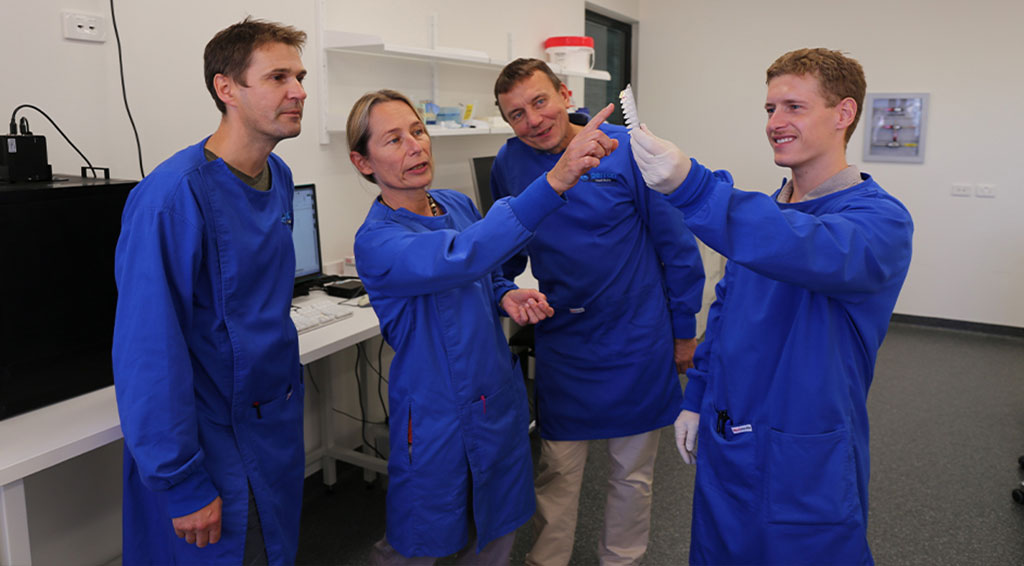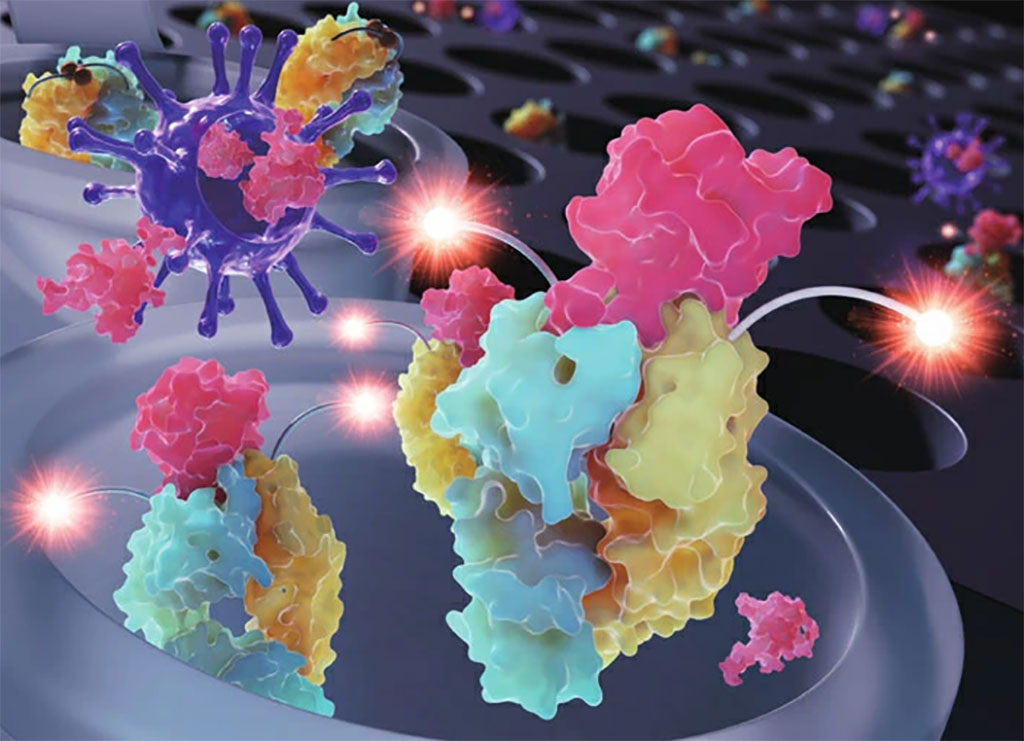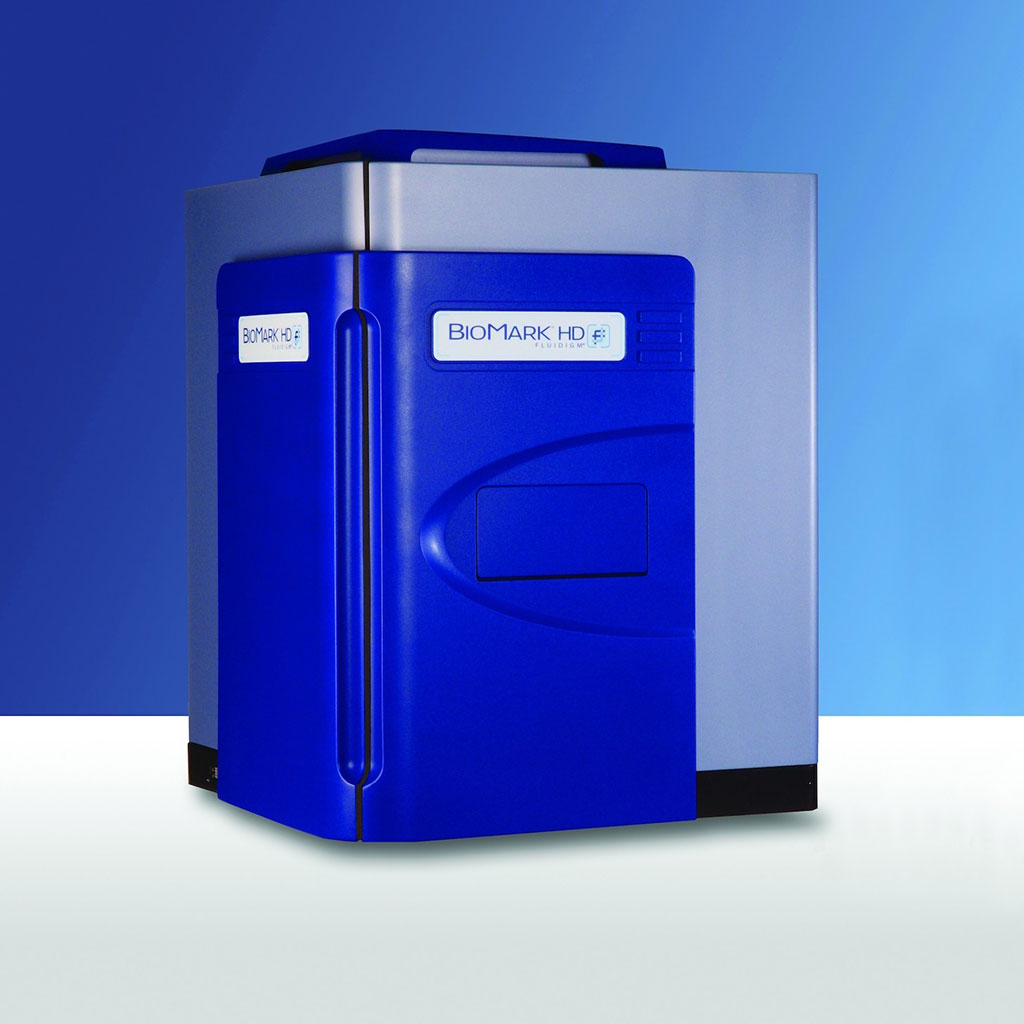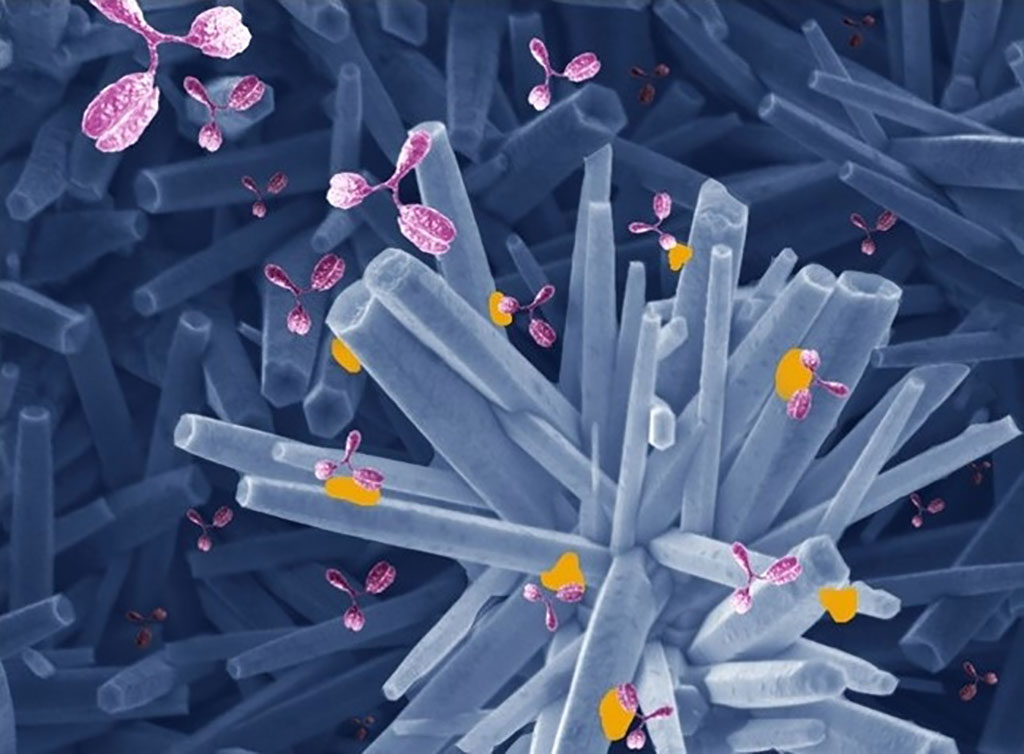Rapid, Saliva-Based and Ultra-Sensitive SARS-CoV-2 Screening System Returns Result With 98% Accuracy
Posted on 15 Apr 2022
A pilot project has validated the feasibility of a rapid, highly sensitive population screening platform for detecting viruses such as those causing COVID-19. The technology makes repeated testing quicker and easier without compromising quality.
Researchers at The University of Western Australia (Perth, Australia) have developed the Avicena Sentinel saliva sampling approach which involves sensitive molecular processes and ultra-high throughput technology for screening potentially infectious, asymptomatic carriers. It can run up to four thousand samples per hour, with results reported within 25 minutes and has demonstrated 98% accuracy in identifying the SARS-CoV-2 virus in samples. Further validation of Avicena’s rapid, ultra-sensitive Sentinel screening system is continuing.

“While the diagnostic gold standard RT-PCR test accurately detects viruses such as SARS-CoV-2, which causes COVID-19, it lacks sufficient speed for efficient, large-scale routine surveillance screening and quarantine applications,” said Professor Sulev Koks, Head of Genetic Epidemiology Research at Western Australia’s Perron Institute and Murdoch University. “PCR results take hours and throughput is, at most, a few thousand samples processed per instrument per day. Also, nasopharyngeal PCR sampling requires trained personnel and has decreased participant acceptance if multiple testings are required within a short period.”
“The rapid antigen tests (RAT) are easier to use but not sufficiently sensitive in detecting the virus in infected people who are contagious but have no symptoms. The viral load samples from presymptomatic or asymptomatic people can take several days to reach sufficient levels for detecting infection,” explained Professor Koks. “Effective viral surveillance to contain outbreaks requires frequent testing with more sensitive assays, particularly as new variants arise.
“The proposed large-scale and convenient saliva testing platform combines accuracy and scalability to mitigate the risk of viral transmission as restrictions are lifted and to guard against future threats,” added Professor Koks. “It would make frequent testing feasible in complementing vaccines to contain the spread of highly infectious pandemic agents such as COVID-19.”
Related Links:
The University of Western Australia














